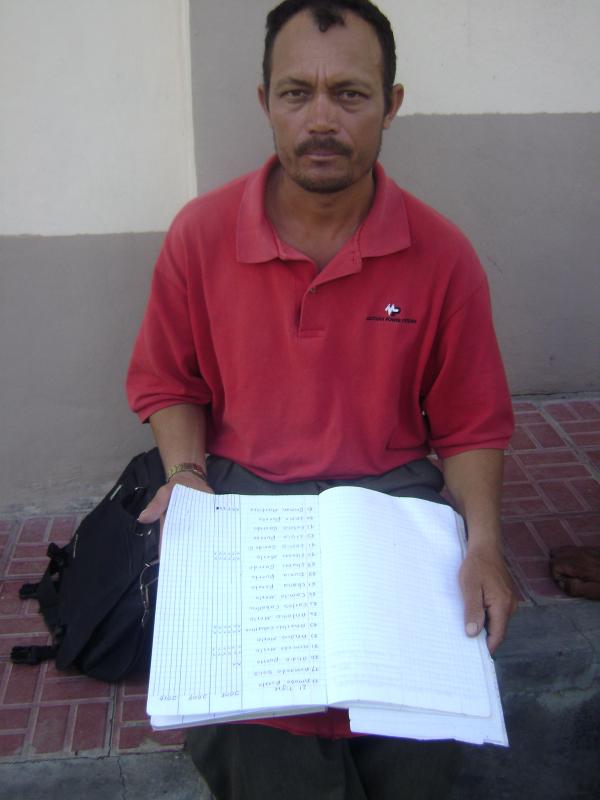The latest trend in Dutch politics is to label anything of parties of another political colour as hobbyism.
Published on: 24/05/2011
It started with one of the parties to the right of the political spectrum denouncing activities such as subsidizing theatre, development cooperation and promoting green energy as left-wing hobbies. The parties to the left couldn't stay behind and started labelling the purchase of new fighter planes and expansion of the road network as right-wing hobbies. As I am pursuing my political career, I wondered whether I could be accused or hobbyism because of my work? Is rural water supply a hobby? And if so, is it a left-wing, or right-wing one?
To start with the latter, it seems that rural water supply is apolitical. Community management is the default management model for rural water supply in most countries, irrespective of the political colour of the government of the country. I have heard community management being promoted by neo-liberal governments because it would be the best way to mobilize communities’ own initiative and interest. In addition, the argument went, community-based organisations would be more efficient in providing services than some monstrous state bureaucracy. But also socialist or social-democratic governments have been promoting community management, using the argument that because water is a basic human right, it shouldn’t be provided by private suppliers, but rather through local collective action. Conservative governments would emphasise traditional community structures as the means to provide water services. Different ideologies, using different and even opposing arguments, have all ended up at community management as the default approach for rural water supply.

The result is that rural water supply has become a hobby in many cases, as community management is largely based on volunteerism. We all know the stories of the water committee that fell apart when its members realised how much time it demands to be part of such a committee; of the retired civil servant who runs a water system as his personal fiefdom; and, of the treasurer who keeps the fees collected under her bed. Of course volunteerism does not equate to hobbyism; but there is a risk that such voluntary arrangements become hobbies. Fortunately, the limits of community-based management are increasingly being recognised, and efforts are made to professionalise it, where possible. This starts by formally recognising community management in laws and regulations, and providing community organisations with the faculty to open up bank accounts, hire paid staff such as plumbers or administrators, and even by instilling a professional management culture among water committees. How that can be organised probably depends on one's political conviction. Neo-liberals would argue for a greater degree of private sector involvement to achieve professionalization, and social democrats would probably emphasise the obligation of governments to support and protect community organisations. Associations of community-based organisations would probably be favoured by centre parties.
So, yes, rural water supply is, unfortunately, often a hobby, in spite of, or thanks to, the enormous motivation and enthusiasm of dedicated individuals. We need the collective ideas of different ideologies to develop ways to professionalise the rural water sector, so that it is neither a left-wing or right-wing hobby, but everyone’s business.
At IRC we have strong opinions and we value honest and frank discussion, so you won't be surprised to hear that not all the opinions on this site represent our official policy.